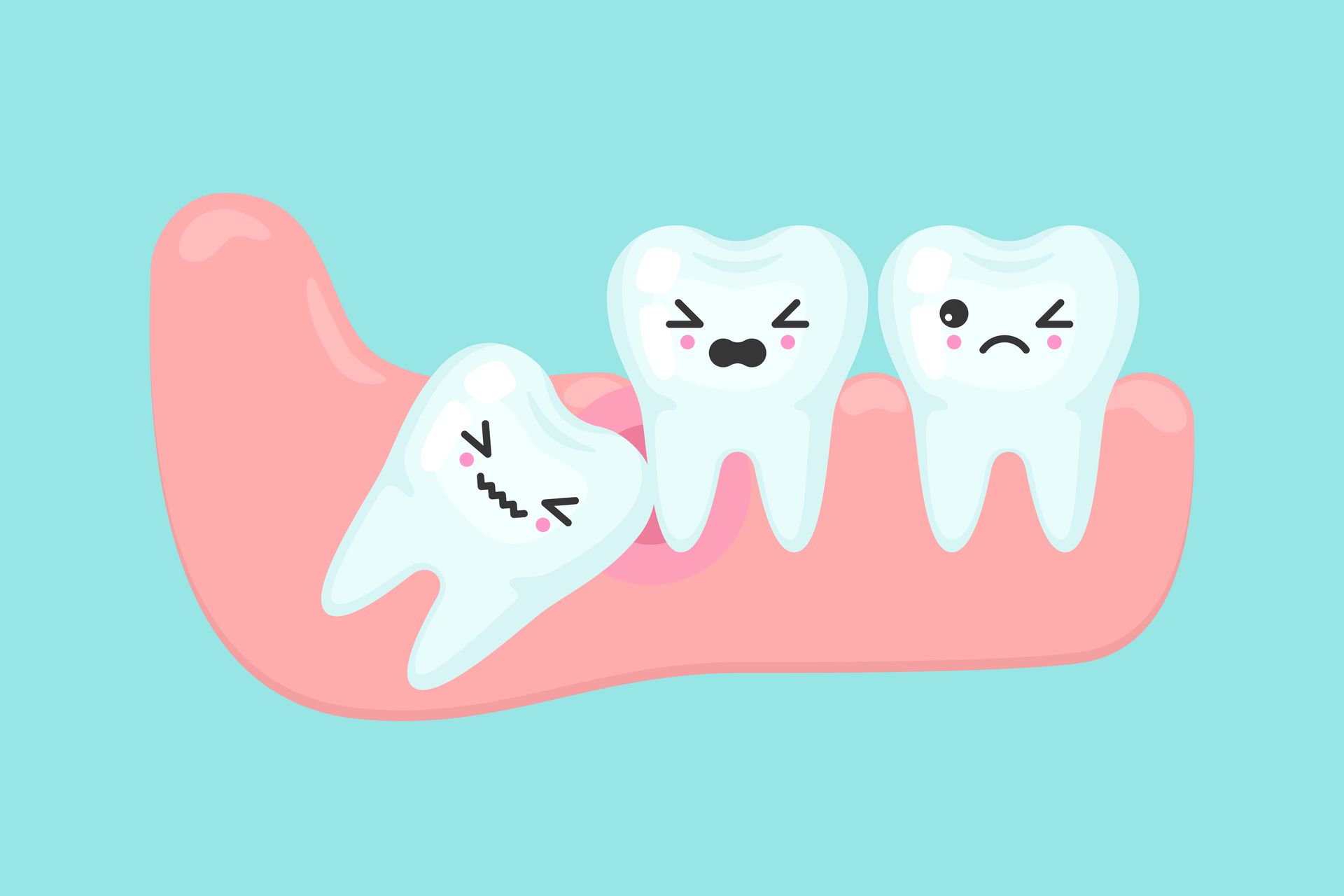Signs You May Have an Impacted Tooth
Most people expect their teeth to grow in without any issues. However, sometimes a tooth doesn't have enough room to emerge properly from the gum line. When a tooth gets stuck and cannot fully erupt, it is called an impacted tooth. While wisdom teeth are the most common culprits, any tooth can become impacted. Recognizing the signs early is crucial for preventing more serious dental problems down the road.
Understanding these symptoms can help you seek timely care. This post will explore the key indicators of an impacted tooth, explain the potential complications of leaving it untreated, and guide you on the next steps to protect your oral health.
What is an Impacted Tooth?
An impacted tooth is blocked from erupting, often due to overcrowding or poor alignment. It can be either partially visible or completely under the gum and bone—both cases may affect your oral health.
Common Signs to Watch For
- Pain: Aching or sharp pain in your jaw or around the problem area, sometimes radiating to the ear or head.
- Swollen, Red Gums: Redness, tenderness, and swelling near the impacted tooth.
- Difficulty Opening Mouth: Trouble opening your mouth wide or chewing due to stiffness or discomfort.
- Bad Breath: Persistent bad breath or a foul taste that doesn’t go away, often signaling infection.
- Visible Issues: A tooth that’s stuck or hasn’t erupted as expected.
Why Early Treatment Matters
Ignoring impacted teeth can lead to infections, damage to nearby teeth, cysts, or crowding and misaligned teeth. These complications may require further dental or orthodontic treatment.
Consult Our Oral Surgeon Today
If you are experiencing any of the signs discussed above, it is essential to seek a professional evaluation. A general dentist can often spot an impacted tooth on an x-ray, but the treatment typically requires the skill of an oral and maxillofacial surgeon.
At Amherst Oral Surgery, our team specializes in managing and treating impacted teeth, including wisdom teeth. We are dedicated to ensuring your comfort and safety throughout the entire process, using advanced techniques for anesthesia and pain management. Don't wait for the pain to become unbearable. Protecting your long-term oral health starts with addressing problems as soon as they arise. Contact a qualified oral surgeon today for a comprehensive evaluation and personalized treatment plan.







